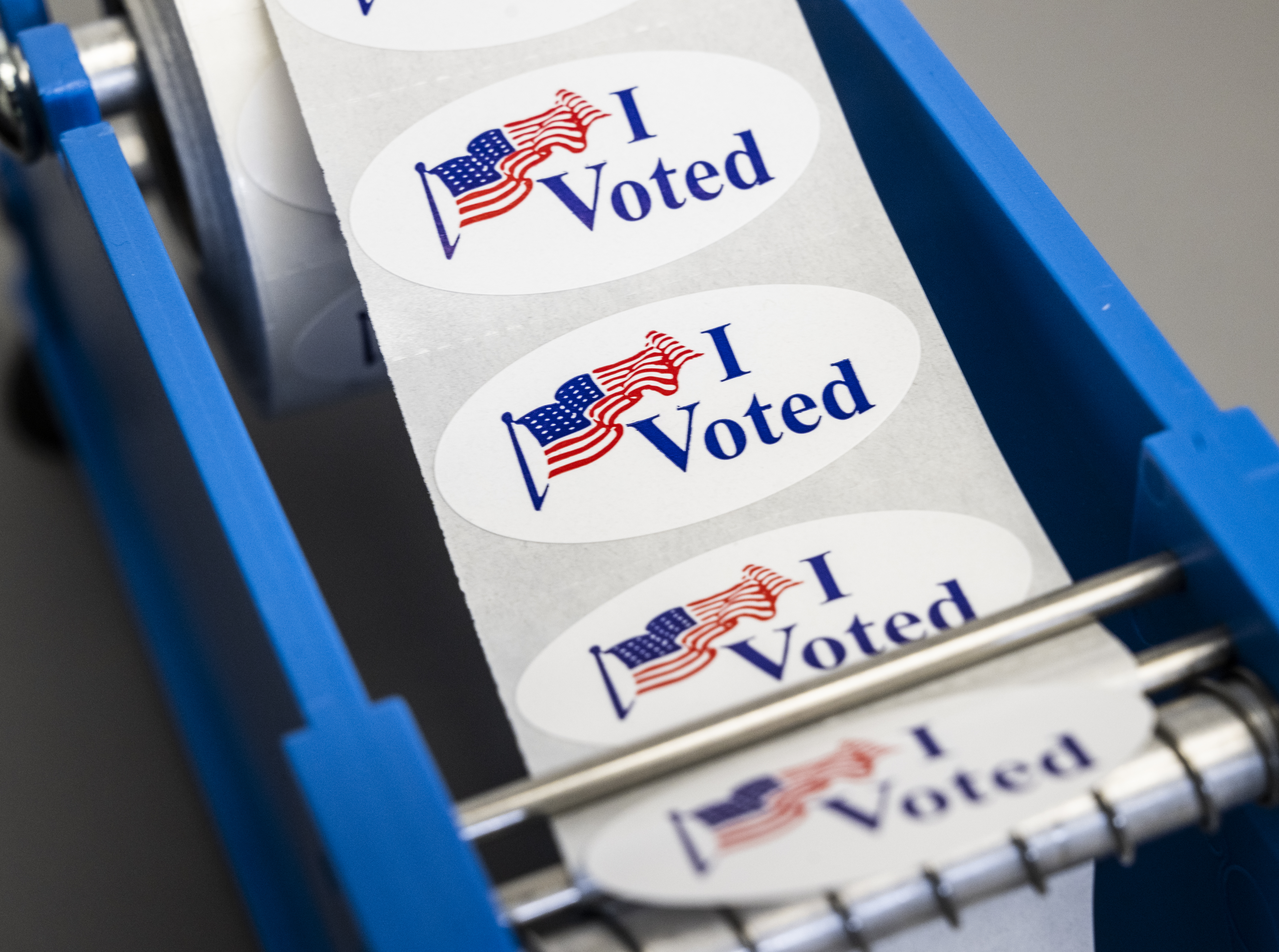Many veterans returning to North Texas after serving combat tours struggle with post-traumatic stress. At times it can be deadly. It's such a problem that some veterans are turning to psychedelic therapy outside the United States. Congress may soon direct the military to study the treatment.
Lawmakers are currently negotiating a major defense bill which includes a measure requiring a clinical study of psychedelics in the Department of Defense. Its sponsors hope to expand the program when lawmakers in Washington D.C. finish negotiating the must-pass National Defense Authorization Act.
Miles away in Southlake, David Grenier spends his free time working in his garage making American and Texas flags out of wood. It's his hobby and small business.
He enlisted in the Marines in the weeks after the Sept. 11 attacks in New York and Washington. After four years of combat tours in the Middle East, he attended college in Boston and then entered the Navy SEALS. For eight years he saw combat as a special operator in Africa, the Middle East, and South America.
Get DFW local news, weather forecasts and entertainment stories to your inbox. Sign up for NBC DFW newsletters.
"I just always drank through everything. That was my therapy," Grenier said, speaking with NBC 5 about the challenges of reentering civilian life.
"When I get out, almost immediately I felt like I lost my identity. I felt like I didn't have purpose in life anymore. I just felt worthless really," Grenier said.
His life took a turn down during the COVID-19 pandemic. He lost his job, an investment in his other business backed out, and he felt rudderless and isolated.
Lone Star Politics
Covering politics throughout the state of Texas.
"I lost a fair amount of friends in our SEAL community to suicide already. That had always been in the back of my mind. And, I was to the point where I knew why they did that," Grenier said.
He wanted to try one more option but many aspects of psychedelic therapy are against the law in the United States. Parts of some substances are classified by the government as schedule-one drugs. An organization called Veterans Exploring Treatment Solutions helped him pay for several days of therapy in Mexico.
He said he returned a different person after the ibogaine and DMT therapy.
"I felt like I was seeing color again for the first time in 10, 15 years. Like I was looking through a lens of negativity in my mind for so long. I just overlooked the great things in life," said Grenier.
"It's something that has to be looked at. I just keep hearing these testimonies over and over again," U.S. Rep. Dan Crenshaw (R-TX, 2nd District), told NBC 5.
Crenshaw worked to organize a broad coalition of allies: from fellow Navy SEAL and Rep. Morgan Luttrell (R-TX, 8th District) to Rep. Alexandria Ocasio-Cortez (D-NY, 14th District). They're supporting an item now included in the National Defense Authorization Act which will require the Department of Defense to conduct a clinical study on psychedelic therapy for use among service members.
"The stigma gets released much more instantly if it happens at the highest levels," Crenshaw said.
An earlier version of the bill included a clinical trial with $15 million to fund real-world trials similar to a drug approval process through the Food and Drug Administration. That version, however, was whittled down by staff in the House Armed Services Committee process. NBC 5 requested a comment from the office of the House Armed Services Committee Chairman, Mike Rogers (R-AL, 3rd District), to understand what happened. A response has not yet been received.
Crenshaw hopes the $15 million version of the bill can be included while House and Senate negotiators work on the final version of the bill. A worry, he said, is the study becomes a simple staff report. The offices of Speaker of the House Kevin McCarthy (R-CA, 20th District) and Senate Majority Leader Chuck Schumer (D-NY) have not yet returned a request for comment on the issue.
The National Defense Authorization Act, or NDAA, is widely expected to pass because it approves funding the country's military and directs leaders on how to spend it. Negotiators may be working for a while on the compromised version between the House and Senate because of some controversial differences between the two versions.
If passed and signed by President Joe Biden, Crenshaw hopes the treatment could eventually be used to help service members, veterans, law enforcement officers, and survivors of sexual assault.
"If it starts to be normalized at the highest levels in at least science and credibility, then I think it has a higher chance of trickling down to the people who really need it," Crenshaw said.
In Southlake, Grenier believes it's a small step in the right direction and hopes similar treatment may soon be accessible for veterans inside the United States.
"I got my life back," Grenier said, "It's just dumb to not get help."



